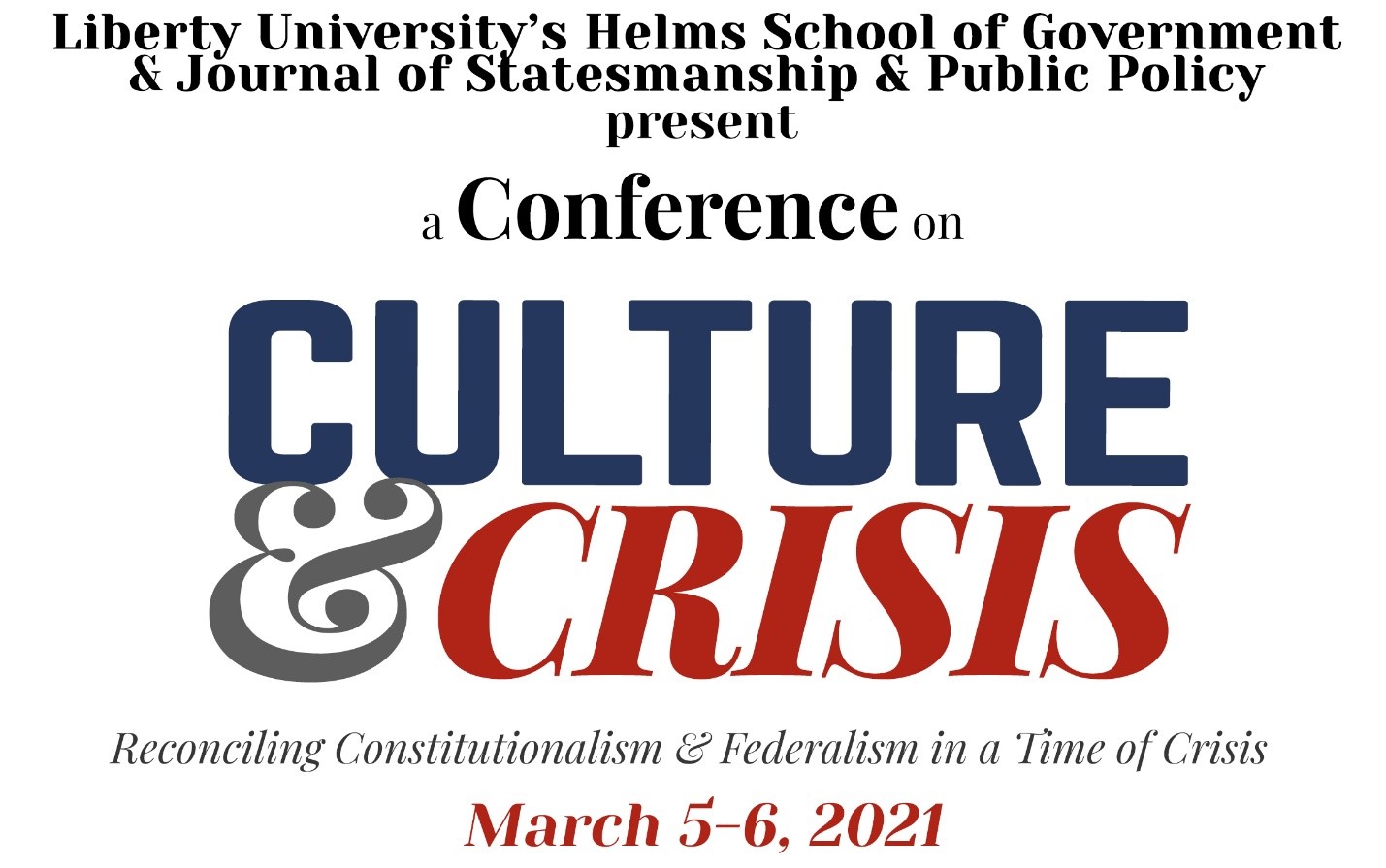Level of Education
Graduate
Keywords
Marxism
Abstract
Marxism is one of the most impactful philosophies in the history of mankind. It refers to the political and economic theories formulated by Karl Marx, a German philosopher who lived from 1818 to 1883. Marx’s most well-known works include the Communist Manifesto (1848) and Das Kapital (1859). Marxism initially consisted of the three related ideas of a philosophical anthropology, a theory of history, and a radical economic and political program.[1] More specifically, Marx claimed that capitalism is just one stage in the historical progression from inferior economic systems to superior ones. Marx held that every society throughout history has been divided into different social classes which drive conflict. Within the capitalist framework, Marx claimed that society consisted of two classes: the bourgeoisie, or the business class who control the means of production, and the proletariat, or the workers whose labor produces valuable economic goods. In Marx’s view, the bourgeoisie profit at the expense of the proletariat, who they exploit by means of low wages and poor working conditions. As the political and economic inequalities between the upper and working classes continue to grow, Marx predicted that the proletariat would increasingly become alienated from capitalism. This would, in turn, inevitably lead to the proletariat forcefully overthrowing the bourgeoisie and implementing a new, classless, egalitarian society under a system known as communism. In Marx’s estimation, communism would represent the peak of economic and social evolution, and its utopian scheme would eventually render the state unnecessary.[2] The fundamental tenets of the communist political program warrant further examination.
[1] Henri Chambre, “Marxism.” Britannica. https://www.britannica.com/topic/Marxism
[2] “Marxism.” Investopedia. https://www.investopedia.com/terms/m/marxism.asp
Included in
The Non-Christian Nature of Marxism
Marxism is one of the most impactful philosophies in the history of mankind. It refers to the political and economic theories formulated by Karl Marx, a German philosopher who lived from 1818 to 1883. Marx’s most well-known works include the Communist Manifesto (1848) and Das Kapital (1859). Marxism initially consisted of the three related ideas of a philosophical anthropology, a theory of history, and a radical economic and political program.[1] More specifically, Marx claimed that capitalism is just one stage in the historical progression from inferior economic systems to superior ones. Marx held that every society throughout history has been divided into different social classes which drive conflict. Within the capitalist framework, Marx claimed that society consisted of two classes: the bourgeoisie, or the business class who control the means of production, and the proletariat, or the workers whose labor produces valuable economic goods. In Marx’s view, the bourgeoisie profit at the expense of the proletariat, who they exploit by means of low wages and poor working conditions. As the political and economic inequalities between the upper and working classes continue to grow, Marx predicted that the proletariat would increasingly become alienated from capitalism. This would, in turn, inevitably lead to the proletariat forcefully overthrowing the bourgeoisie and implementing a new, classless, egalitarian society under a system known as communism. In Marx’s estimation, communism would represent the peak of economic and social evolution, and its utopian scheme would eventually render the state unnecessary.[2] The fundamental tenets of the communist political program warrant further examination.
[1] Henri Chambre, “Marxism.” Britannica. https://www.britannica.com/topic/Marxism
[2] “Marxism.” Investopedia. https://www.investopedia.com/terms/m/marxism.asp



